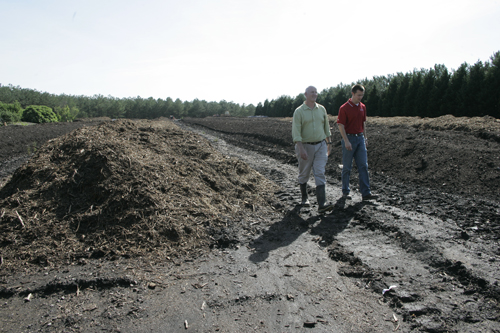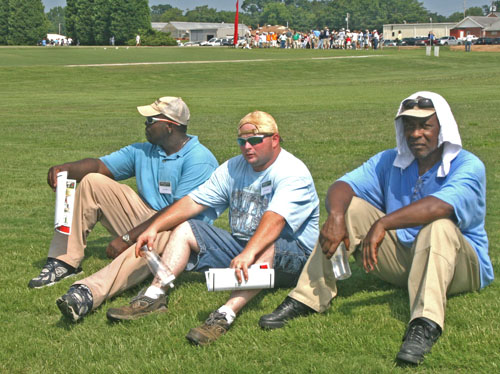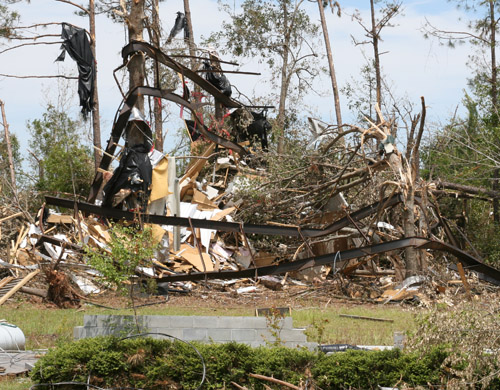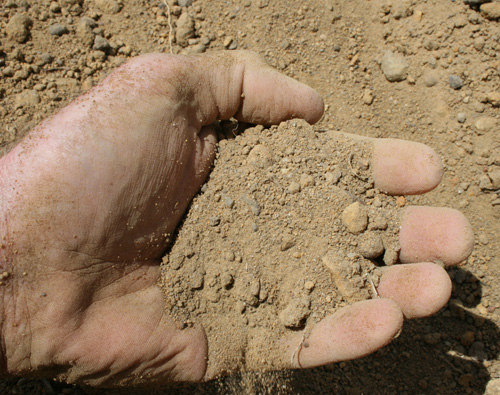 CAES News
CAES News
Climate change
University of Georgia researchers recently joined a national team of scientists working on a five-year, $4.1-million U.S. Department of Agriculture grant designed around climate change’s effects on animal agriculture.

.jpg)

.jpg)

